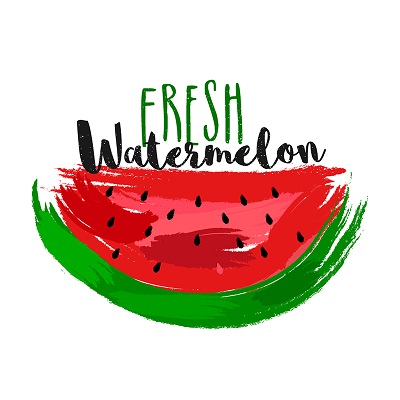 The Importance of Hydration
The Importance of Hydration
Hydration is extremely important because your body depends on water to survive. Without water the body would not be able to work properly. There is water found in every part of the body, in fact the human adult body is up to 60% water.
Water is lost daily through sweat, elimination, and breathing. You are losing water without even realizing it is happening. Environmental surroundings and physical activities also affect the amount of water loss.
For instance, a person running on a sunny afternoon will lose bodily water at a much faster rate than a person sitting in an air conditioned house will lose water.
How Food can Keep You Hydrated
You are expected to drink plenty of water throughout the course of the day, but what about eating in order to stay hydrated? People often overlook this concept. How much water should we be getting from our diet? Experts recommend that about 20% of our daily water intake should come from solid foods.
Typically, the solid foods that are most rich in water are fruits and vegetable. This is one of the many reasons why it is important to keep a clean and whole diet, and stay away from processed foods as much as possible.
Top Ten Hydrating Foods
1 – Yogurt can range in water content from 85 to 88%, depending on the variety. Use yogurt as a good snack to get more hydration into your diet.
2 – Iceberg lettuce is often dismissed as having little nutritional value, but this lettuce makes up for this defect in water content. With over 95% water, iceberg lettuce has plenty of hydration opportunities.
3 – Celery is rich in vitamin A, C, and K—as well as fiber. Additionally, celery is very low in calories, with six calories per stalk. Celery has a large content of water.
4 – Strawberries are a delicious treat made up of over 90% water. They are chocked full of vitamin C and fiber, so they make for a nutritious and delicious way to remain hydrated.
5 – Butternut squash is a more substantial vegetable that still has a high content of water. Butternut squash hydrates and nourishes when consumed, with close to 90% water and it also has vitamin A, vitamin C, potassium, and more.
6 – Spinach is another option for lettuce that still packs plenty of water, but also more nutrients than that of iceberg lettuce. Get your fill of essential antioxidants, fiber, folate, vitamin E, and more while hydrating with spinach.
7 – Broccoli has over 90% of water, and it delivers valuable nutrition with high levels of the necessary fiber, potassium, and other vitamins for good health.
8 – Watermelon is true to its name, it is a melon made up of mostly water. In addition to water, watermelons are rich in lycopene and vitamin C, too. This fruit is a refreshing way to hydrate, and especially on a hot summer day.
9 – Cucumbers are composed almost entirely of water. They are a great veggie to add to any meal, salad or even as a healthy very low calorie snack in order to hydrate with solid food.
10 – Tomatoes can be included as a great addition of water to a meal. They can be wedged between two pieces of bread, chopped on a salad, eaten as a snack or served any way you wish.
Dehydrating Foods to Avoid
- Cured meats
- Popcorn
- Asparagus
- Fried foods
- Caffeine
- Condiments high in sodium
- Other processed foods
Here are some signs you can look for when trying to determine whether or not you are dehydrated, but when in doubt—go ahead and drink some water!
- Decreased urination
- Lightheadedness
- Fatigue
- Disorientation
- Dry mouth
- Thirstiness
By paying attention to the signs of dehydration, we can help avoid dangerous situations due to loss of water. This is especially important during hot summer months, when it is much easier to become dehydrated.
You can also combat dehydration by taking the steps to understand the importance of hydration to your body and its functions, as well as how hydrating foods can be introduced into your diet.
Commit yourself to drinking plenty of liquid and eating a proper diet to ensure optimal hydration and health.






